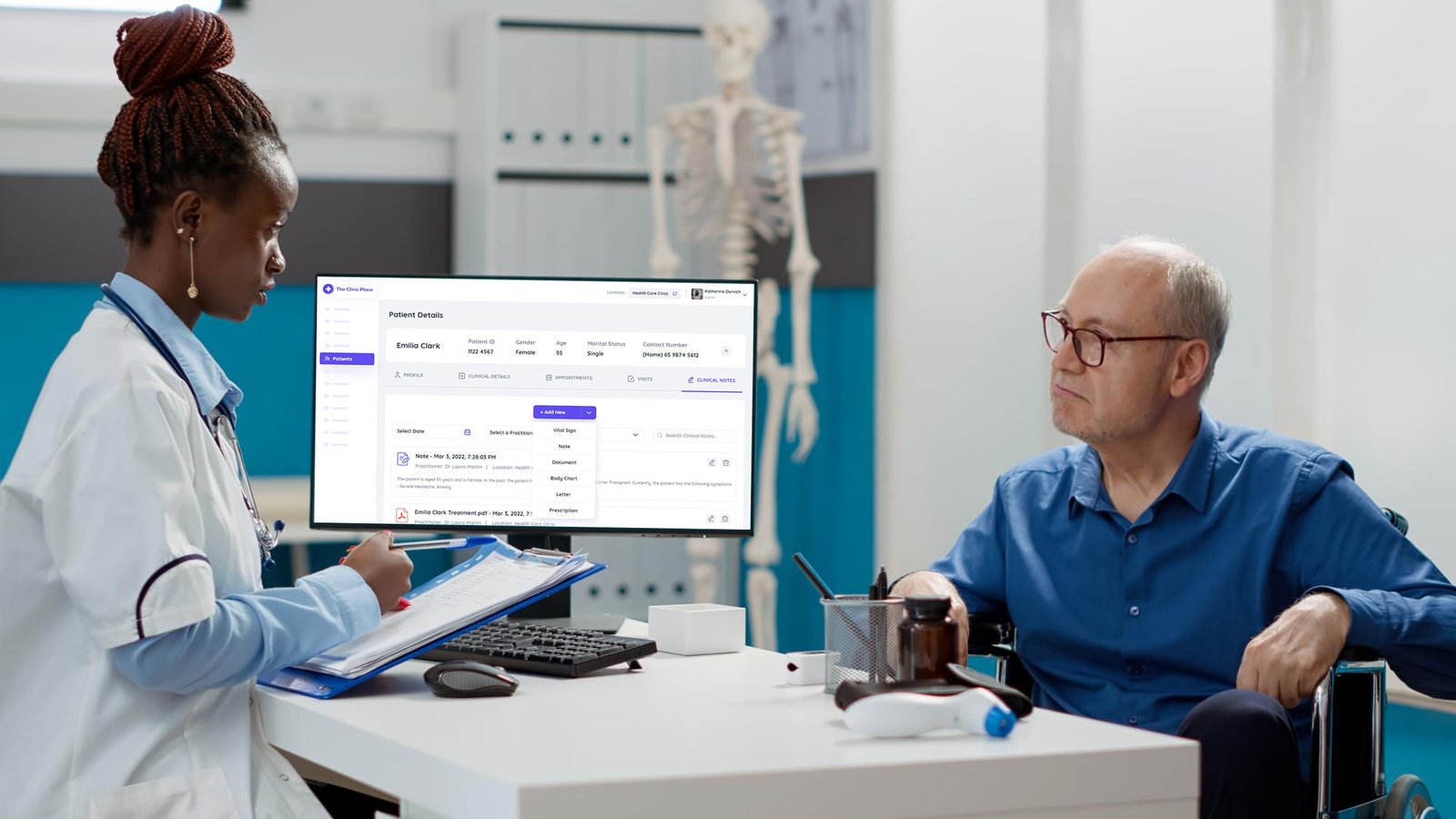The Essential Guide to Hiring and Training Clinic Assistants
The Clinic Place Team
Any healthcare institution must take caution when hiring and training clinic assistants. Making sure clinic assistants are properly trained and competent can help improve patient service and satisfaction as they support a clinic’s daily operations.
It’s crucial to hire clinic assistants who have excellent communication skills, attention to detail, and a dedication to client service. These abilities are crucial for dealing with delicate medical information, making appointments, and connecting with patients. When recruiting clinic assistants, it’s crucial to take your clinic’s unique demands into account. For instance, if you work in a multilingual practice, you might want to seek applicants who speak several languages fluently.
The next step after finding qualified applicants is to create a training program to make sure they have the abilities and information required for job success.
There are various processes involved in educating a clinic assistant, including
- Decide what abilities and information the clinic assistant needs to possess. This may involve using medical jargon, interacting with patients, setting up appointments, and handling private data.
- Make a training course that covers the required abilities and information. This could include in-person lessons, practical training, and online programs.
- Choose the most effective training program delivery strategy. There are other options, such as in-person training, online instruction, or a combination of both.
- Develop ways to overcome any obstacles or issues that might arise during training, such as linguistic barriers or scheduling conflicts.
- Execute the training program, and offer continuous assistance and chances for professional growth to make sure the clinic assistant has the abilities and information required for success in their position.
- Analyze the training program’s efficacy and make any required alterations. This could entail examining performance information and obtaining feedback from the clinic assistant and their supervisor.
A sample training program for a clinic assistant is shown below:
Training Subject | Delivery Approach | Duration |
specialized language | a lesson in a classroom | 2 days |
Patient interaction | Instruction in the classroom and role-playing games | 2 days |
Making appointment plans | Online education and practical experience | 1 day |
Managing private information | both in-person and online learning | 1-day |
Guidelines & Compliance | online program | 1/2 day |
Training on computers and EMR platforms | Training on the job | 1/2 day |
Knowledge of customers | Instruction in the classroom and role-playing games | 1-day |
protocols for emergencies | both in-class learning and practical experience | 1/2 day |
Also, it’s critical to offer clinic assistants ongoing support and chances for professional growth. This could entail frequent check-ins with their manager as well as chances for continuing education and career advancement. This will guarantee that clinic assistants remain knowledgeable about recent advancements in the industry and continue to advance in their positions.
In conclusion, a healthcare organization’s recruiting and training of clinic assistants is a critical step. You can make sure that your clinic assistants are prepared to deliver top-notch patient care and support regular clinic operations by carefully screening candidates and giving them thorough training.
You may also like these articles!

Streamline Your Clinical Documentation with SOAP Notes
Share via:Clinical notes are a crucial tool for recording patient visits and giving a history of the care given. In a clinical context, SOAP notes are a standard format for recording patient encounters. Subjective, Objective, Assessment, and Plan make up their four fundamental structural pillars. These are some possible models for clinic clinical notes: Subjective: […]
The Clinic Place Team

Electronic Health Records and Clinical Decision-Making: How Data is Changing the Way Doctors Treat Patients
Share via:EHRs make medical histories, prescriptions, allergies, and test results easily accessible to doctors, changing how they treat patients. This information is very important for making clinical decisions because it helps doctors choose the best diagnosis and treatment options. One of the main benefits of EHRs is that they can make patients safer. EHRs can […]
The Clinic Place Team

AI and the Health Industry: How Technology is Transforming Patient Care
Share via:In a number of ways, artificial intelligence (AI) is altering the way we think about healthcare, from enhancing diagnosis and treatment planning to streamlining administrative duties. There are many possible uses for AI in healthcare, and it is obvious that this technology has the ability to completely change the way we provide patient care. […]
The Clinic Place Team